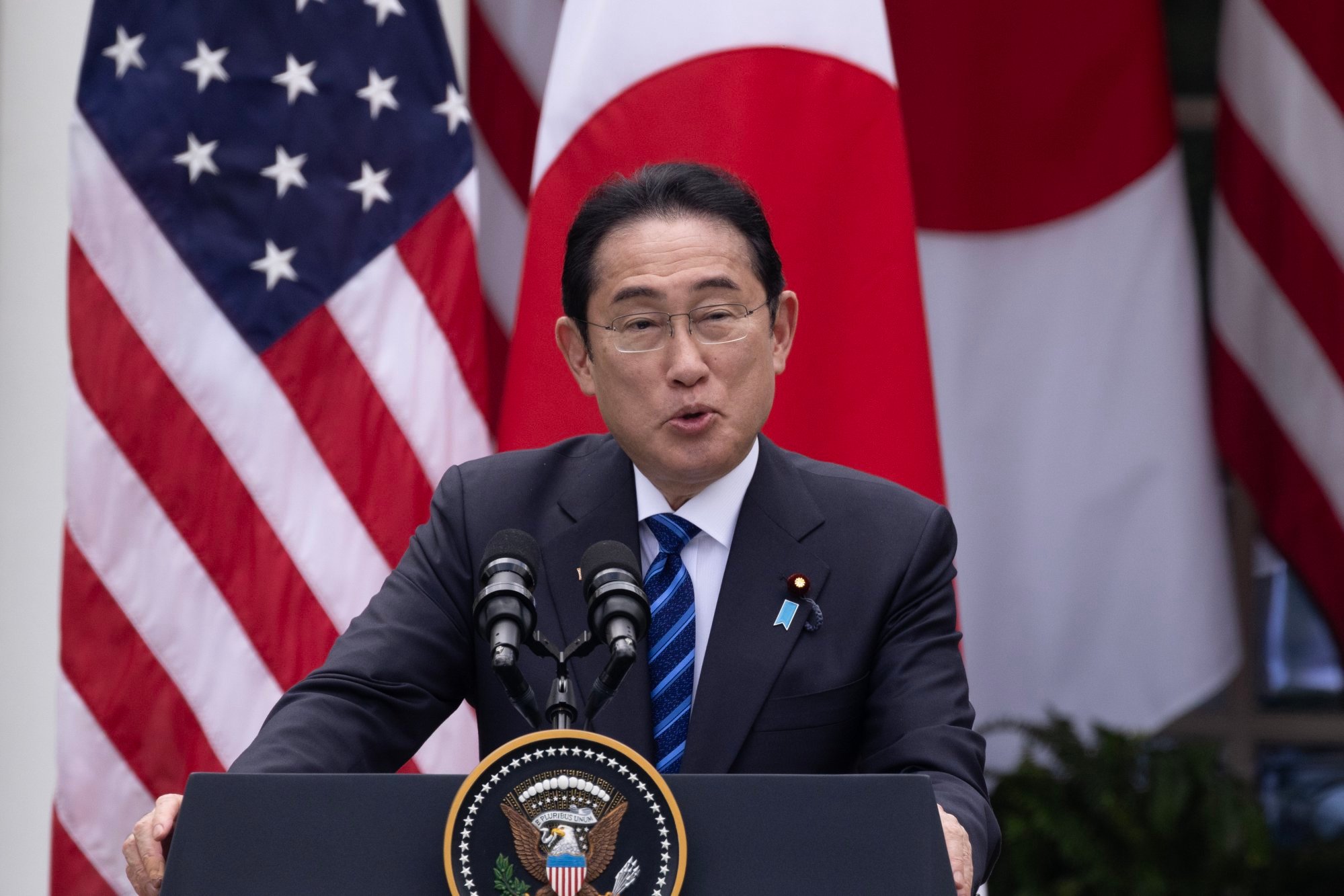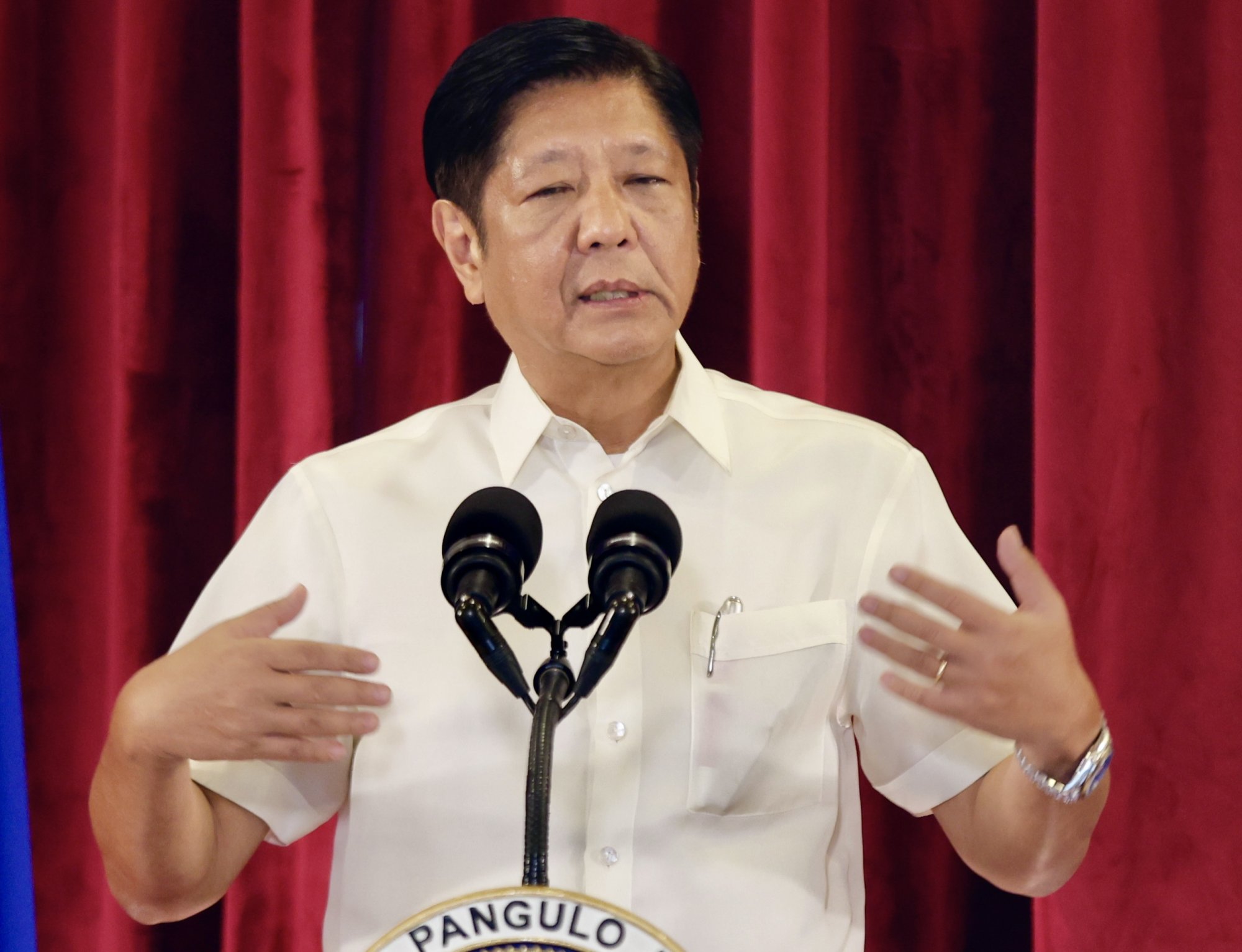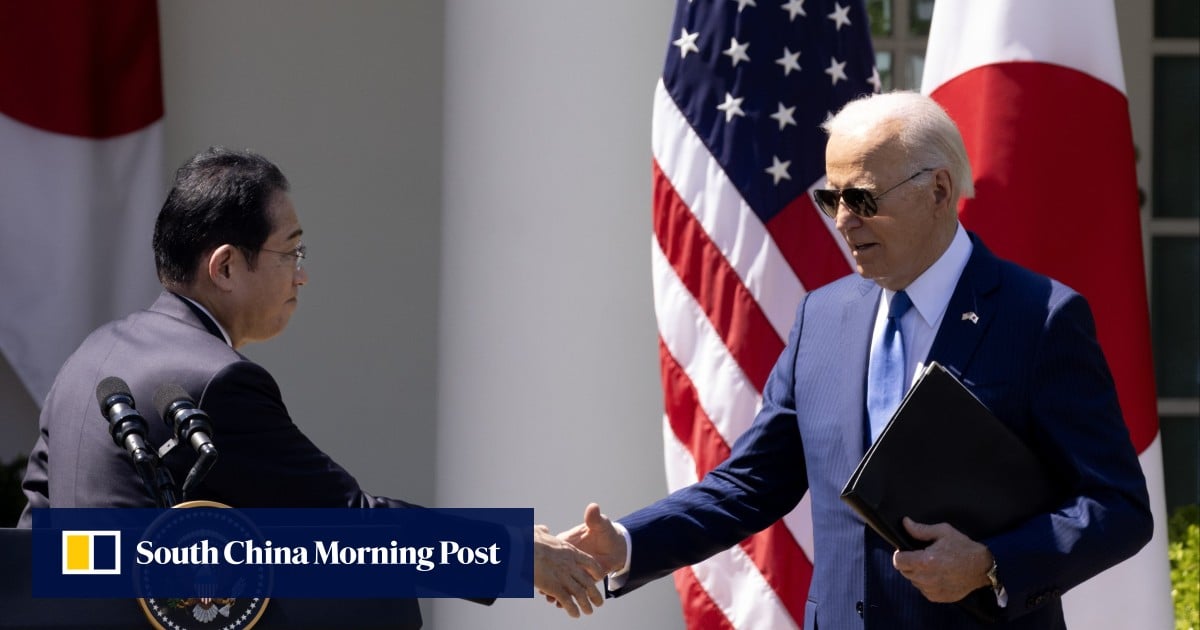The two leaders outlined in broad terms some 70 agreements, many reflecting a more muscular China.

“We agreed that our two countries will continue to respond to challenges concerning China through close coordination,” Kishida said through a translator, citing the importance of a peaceful resolution of cross-strait issues.
“At the same time, we confirmed the importance of continuing our dialogue with China and cooperating with China on common challenges.”
The US leader added that America’s relationship with Japan was “truly defensive”, not aimed at any one nation or aimed at threatening the region.
With eye on China, Biden-Kishida meeting to set ‘remarkable’ outcomes: insiders
With eye on China, Biden-Kishida meeting to set ‘remarkable’ outcomes: insiders
Kishida, voicing a somewhat tougher line on China than Biden, said Japan and the US would confront excess capacity problems, supply-chain vulnerabilities or attempts to change the status quo by force or coercion.
“We will continue to call on China to fulfil its responsibilities as a major power,” the 66-year-old Japanese leader said. “We will continue to seek close communication with China at all levels.”
Of the agreements announced on Wednesday, those relating to defence promised to fundamentally change the bilateral military relationship and alter the nature of the countries’ unified command structure.
They entail modernising command-and-control structures, deepening cooperation on intelligence, surveillance and reconnaissance as well as increasing interoperability and joint planning to “work together in a seamless and effective way”.
“This is the most significant upgrade in our alliance since it was first established,” the American president said.
In addition, Tokyo and Washington have pledged closer defence manufacturing ties, such as the possibility of jointly producing advanced and interoperable missiles for “air defence and other purposes” and exploring opportunities for future fighter-pilot training and readiness.
The move enables Japan to help fill in gaps in the US military-industrial infrastructure. Skilled-labour shortages, design issues and supply-chain problems have left many US defence programmes years late like F-35 Strike Fighter military jets and Virginia-class submarines.
Japanese prime minister talks tech cooperation with US as state visit begins
Japanese prime minister talks tech cooperation with US as state visit begins
More generally, Biden and Kishida on Wednesday underscored their nations’ growing ties by highlighting Tokyo’s role in global diplomacy and development along with the island nation’s evolution from being a largely defensive “regional” partner to an American “global” partner.

“Today’s Japan is no longer the timid and inward-looking nation that counted on its embrace of pacifism and on American muscle to insulate it from external threats,” said Daniel Russel of the Asia Society Policy Institute and a former State Department official.
“Instead of stepping back, as it once did, Japan is stepping up to meet the array of international challenges,” Russel added.
This has transpired as China has widened its island-building activity in the South China Sea, increasingly challenged US “freedom-of-navigation” flights and voyages, deployed water cannons and other tactics against Philippine vessels and greatly expanded its coastguard and naval fleet in recent years.
Beijing maintains that much of the contested South China Sea is solely its territory.
Further afield, the US-Japan agreements announced on Wednesday extend to space.
Defence, diplomacy expected to top Biden-Kishida summit as China looms
Defence, diplomacy expected to top Biden-Kishida summit as China looms
Biden, for his part, hopes this week will strengthen his Indo-Pacific strategy, help stem China and set him apart as a statesman in contrast to Trump, his likely Republican presidential opponent this fall and an avowed isolationist on foreign policy.
How will China react as Biden readies for ‘Camp David’ with Kishida, Marcos?
How will China react as Biden readies for ‘Camp David’ with Kishida, Marcos?
Kishida said he hoped the two companies could find a solution amid continued strong foreign investment by both countries in each other’s economies.
“We wish to cement this win-win relationship,” he added. “Japan will always stand firm with the United States.”

